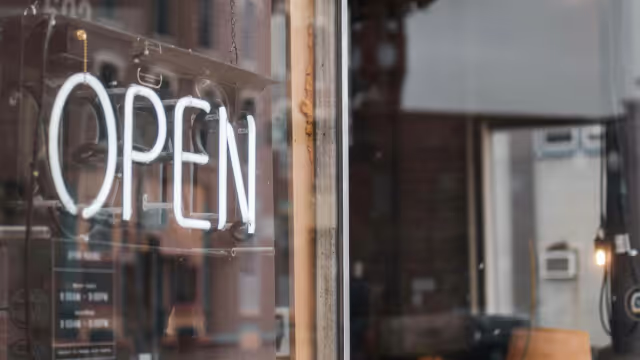Now is the time for change. Many hospitality brands are embarking on digital transformation journeys that will help propel their business forward and future-proof them in the process. But with Covid-19 impacting the industry dramatically recently and budgets getting slimmer, the focus is not just on large scale projects that look ahead, but where in the business efficiencies can be realised much quicker.
Here’s four things that you can look to adopt to help move the dial for your brand, things that will help increase operational and/or technological efficiency in different areas of your business, ultimately helping with the overall growth of your brand.
1. Consolidation of platforms
With more and more digital adoption in hospitality, it’s little wonder we’re seeing hospitality brands inundated with technology platforms, some having to navigate over 30 at a time. It has created a complex technology ecosystem for some, whereby IT teams are having to manage too many vendors and business teams are slowed down by having to switch between platforms too often in order to do their work. As well, all these vendors are operating in silos, unable to give brands a way to manage their entire guest experience across the board.
One way to mitigate this is to opt for an end-to-end solution whereby everything is centralised, from digital ordering, table ordering, kiosks, aggregators, delivery, loyalty, you name it. This option enables you to create and manage true omnichannel experiences, whereby the brand and customer journey is consistent and connected regardless of which channel customers discover and interact with you on.

Internally, an end-to-end platform allows teams to streamline inefficient workflows, eliminating duplication of work across multiple platforms. An easy example of this is the ability to manage menus and products for all locations and across all channels, including aggregators, from one place. Items only need to be updated once, with staff then able to use their time to optimise and grow the business rather than on business as usual tasks.
An end-to-end solution also allows you to get a better, more rounded view of your customer data, again all in the one place. With a single customer view for example, you can better see how to drive personalised loyalty initiatives that will actually get results. All up, it leads to more informed decision making across the business.
Lastly, by consolidating all your platforms, technical teams don’t have to worry about vendor management across the tech stack nearly as much, instead being able to spend time on technical enhancements and projects that will benefit the business.
2. Automation and machine learning
Machine learning and AI have already started to infiltrate a lot of industries in a very real way. Hospitality is no different with a number of key areas where brands can utilise machine learning especially to really drive sales.
Within digital ordering channels like websites, apps and kiosks for example, machine learning can be harnessed to really help with menu optimisation and upsell opportunities. Drawing on specific guest data, as well as overall customer and product insights, you can look to offer the right products at the right time to new and returning customers. From automatically prioritising highest selling menu items perhaps relative to different times of the day, to automatically showing upsell items known to be purchased alongside what a customer might already have in their basket, the opportunities to drive really personalised experiences are endless. And it helps to eliminate any guesswork, knowing what is being served is optimised and backed by data.
3. In-store digital adoption
The in-store experience has typically always been reliant on two things - the food and the service. But with more digitally-native customers out there expecting convenience and speed, with Covid impacting how restaurants have been functioning, and with the documented labour shortages, by integrating digital initiatives you can really enhance and optimise the in-store experience.
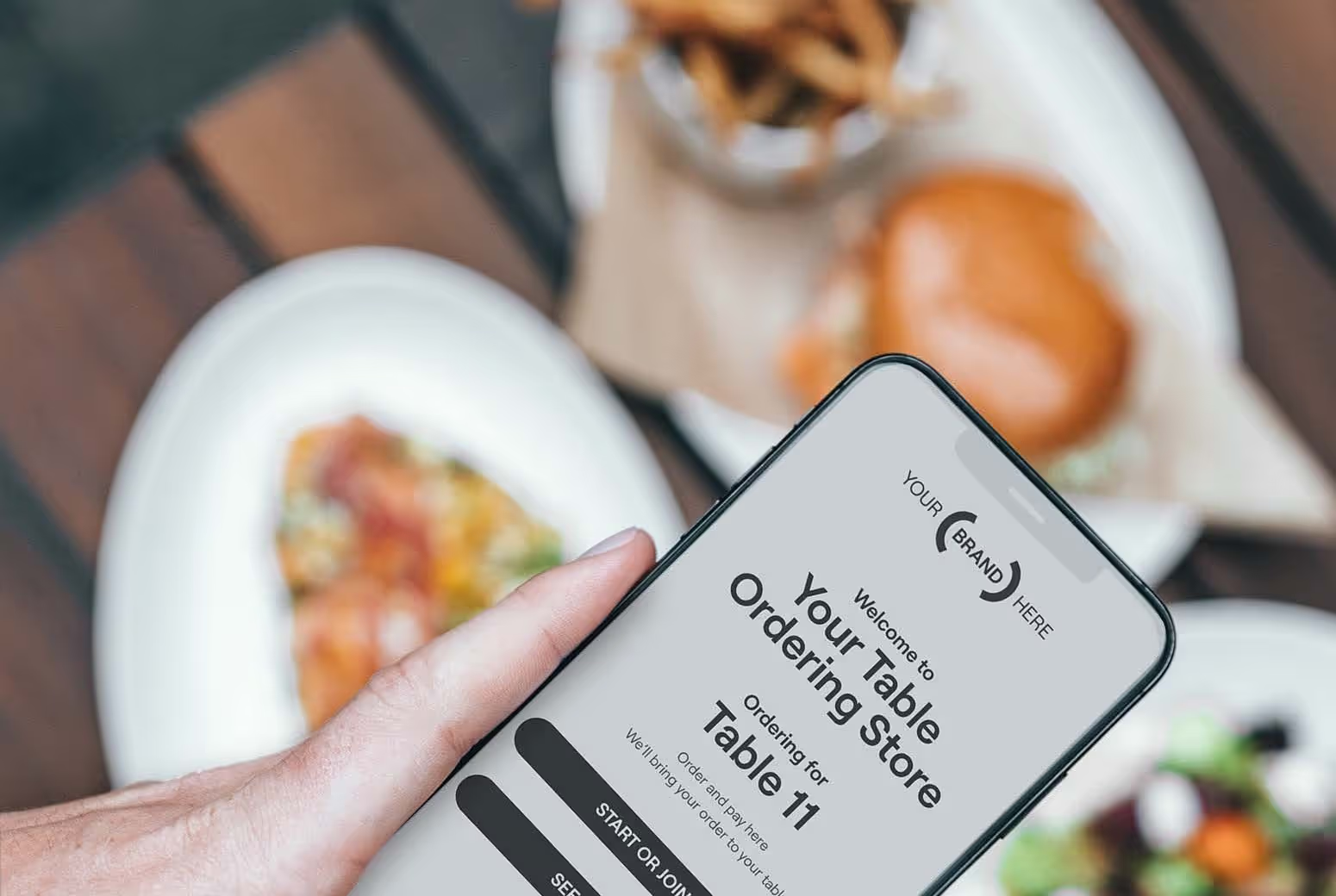
Digital technology allows you to streamline the ordering process, which not only allows staff to focus on value-added tasks instead, but also means they have the time to prioritise tailored and immersive customer experiences. Table ordering with QR codes and digital payment options for example allow customers to order and pay when they like, giving servers back the time they’d normally spend doing everyday tasks like taking orders and bringing over POS terminals. A middleware software implemented between your aggregator terminals and your POS also allows you to automate orders between the two, meaning no manual input needed from staff, which speeds up the process and eliminates any manual errors creeping in. Again staff can then be deployed elsewhere in-store.
4. Robotics
On the face of it this one many will write it off as futuristic or long term, but in fact robotics are becoming a very real opportunity for some. What’s more, as more adoption and advancements take place the cost of implementation will decrease allowing them to become more accessible to all. One thing to remember too with the sometimes high face value of robotic implementation is that unlike labour they can be put to use for long periods of time without needing breaks, human error is eliminated, and they can typically work faster - so the return can be realised quite quickly, especially in comparison to staffing costs and in the wake of staff shortages.
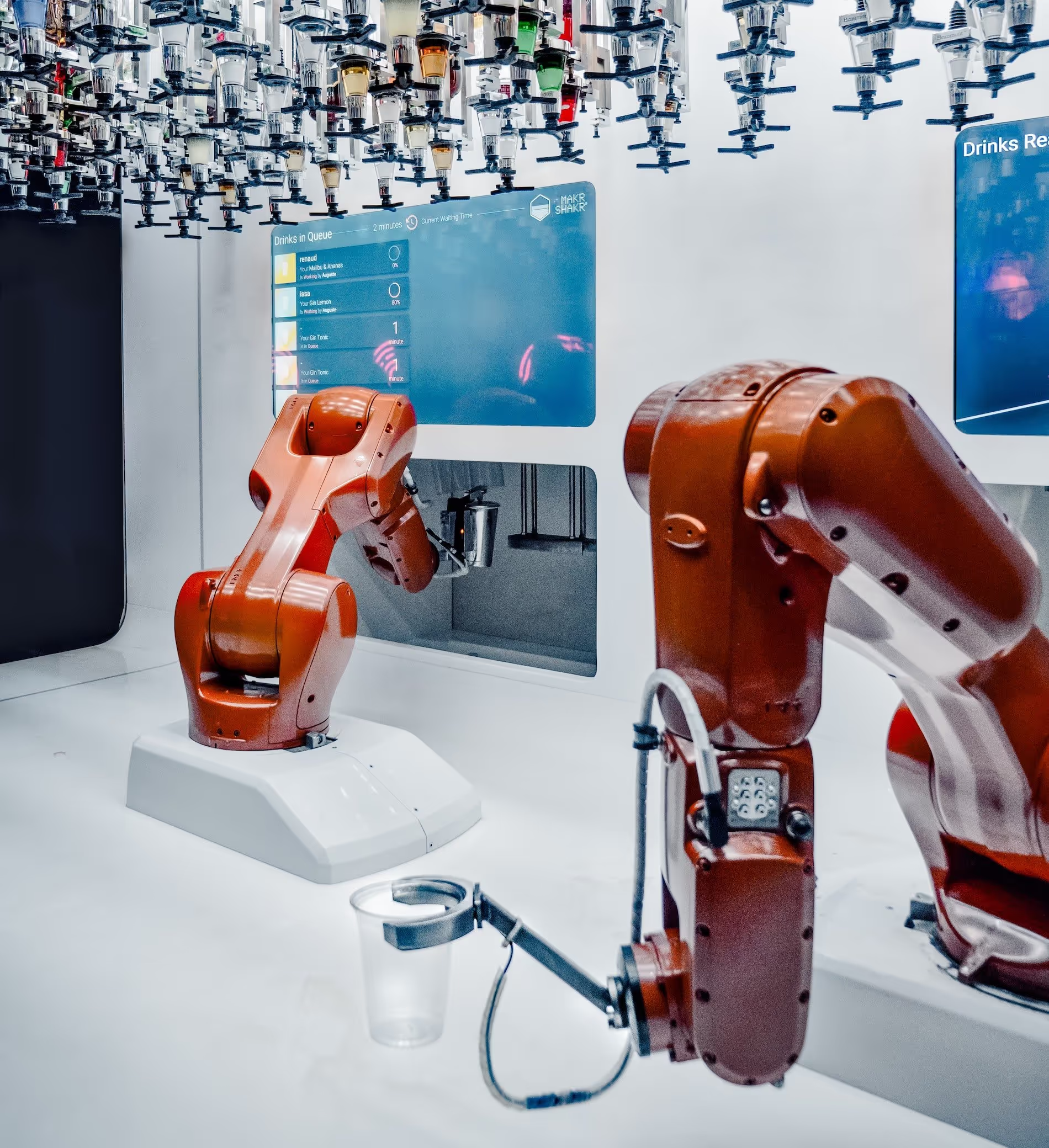
Robotics can be used both front and back of house to drive efficiencies, streamlining any number of processes. Clear examples include robotic arms that can pick ingredients and assemble dishes using precise order measurements, as well as robots that can make drinks, again using exact measures.
Take control of your technology
It’s time to back control of your technology and adopt digital initiatives in a really strategic way in order to increase efficiency across the business.
To understand more ways in which your brand needs to adapt to the modern world in the face of changing customer behaviour, then check out our eBook, How customer behaviour will change hospitality in 2022.
Alternatively, one of our experts will be happy to discuss how MOBI’s end-to-end digital solution can help transform your hospitality brand.





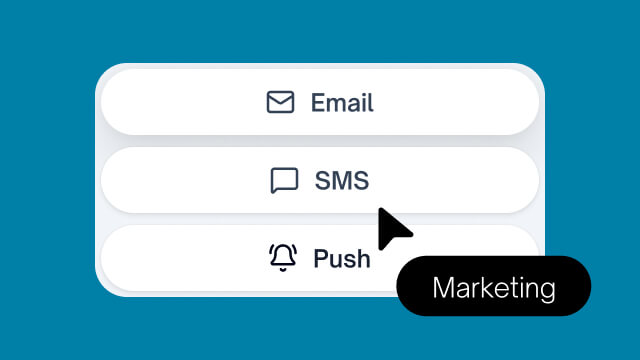
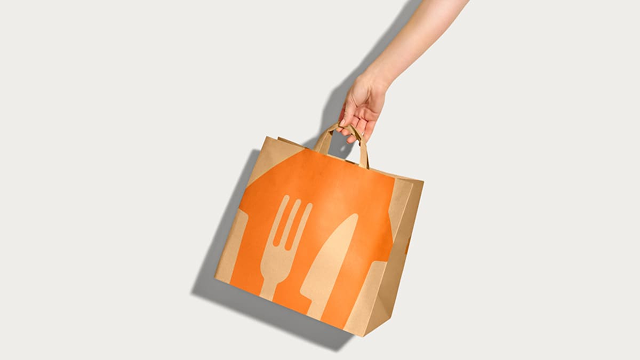
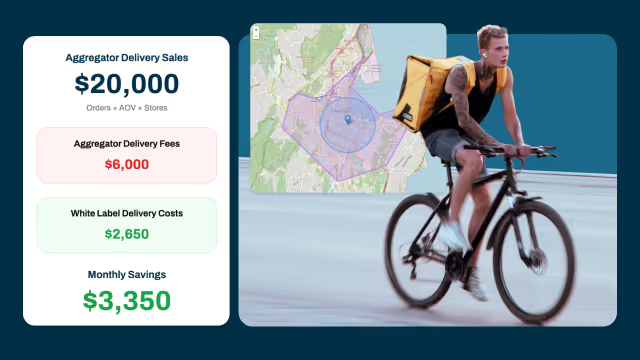
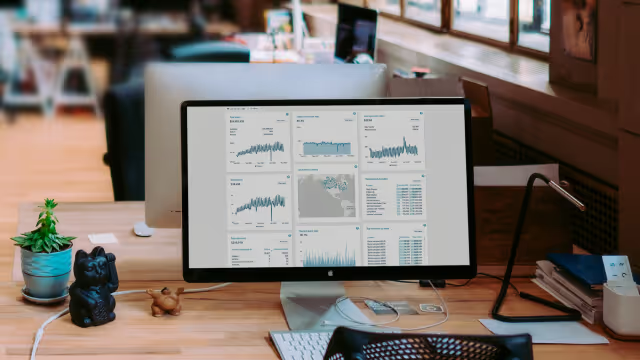
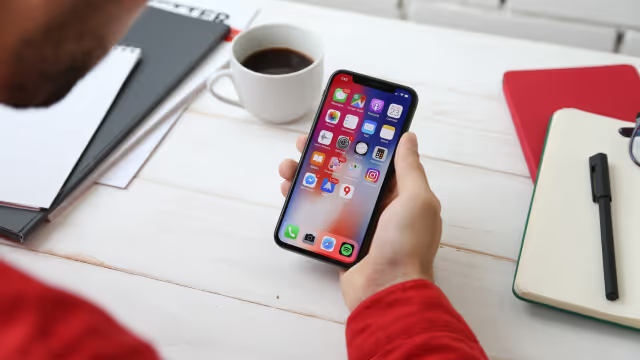
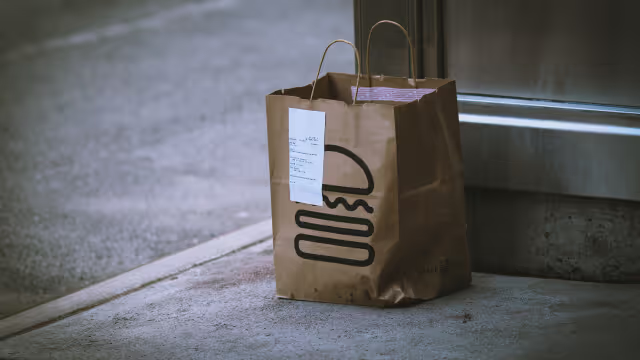

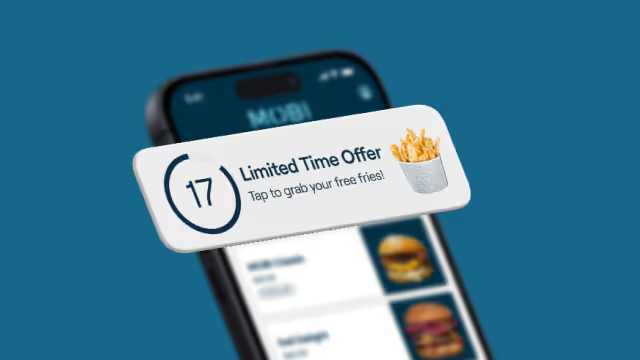
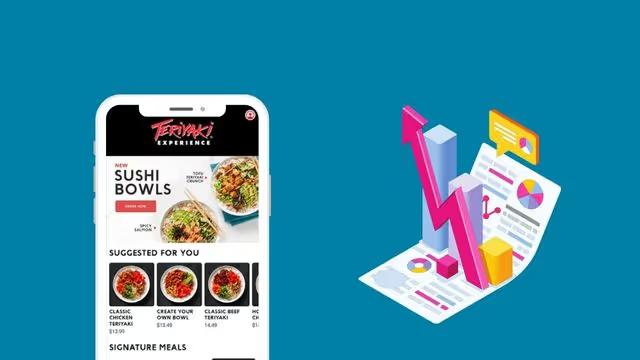
.avif)
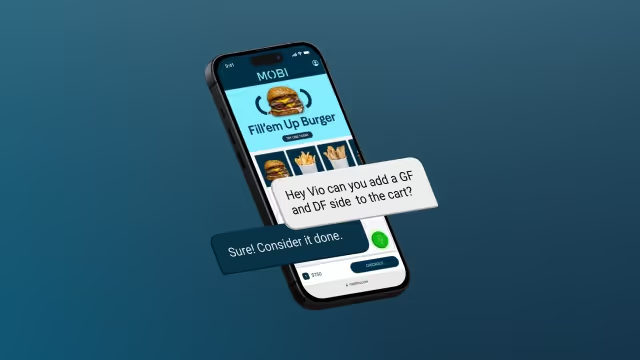
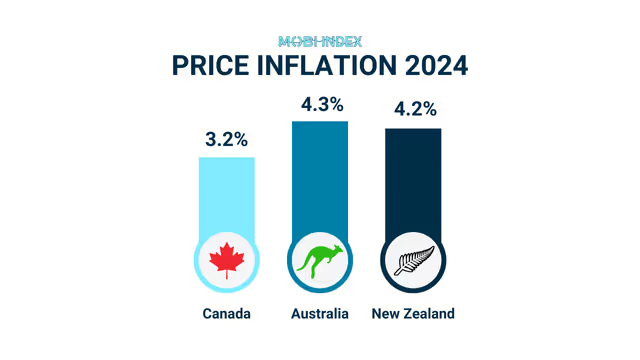
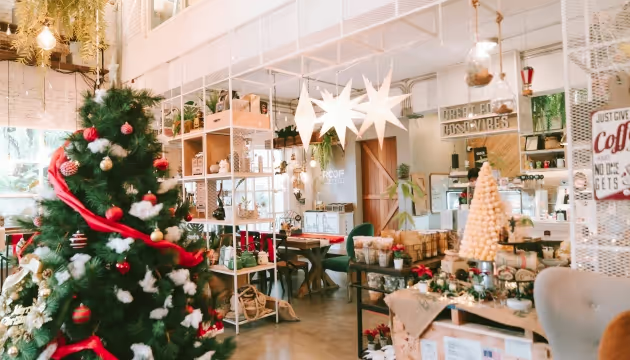
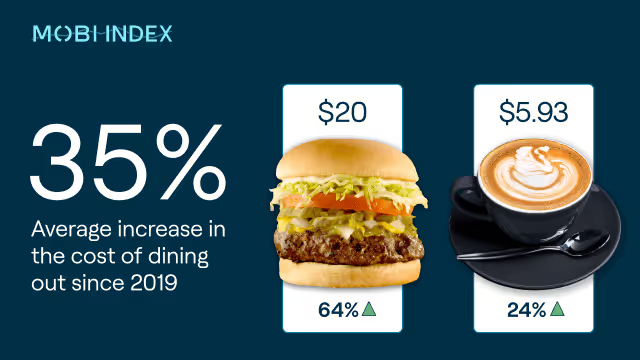

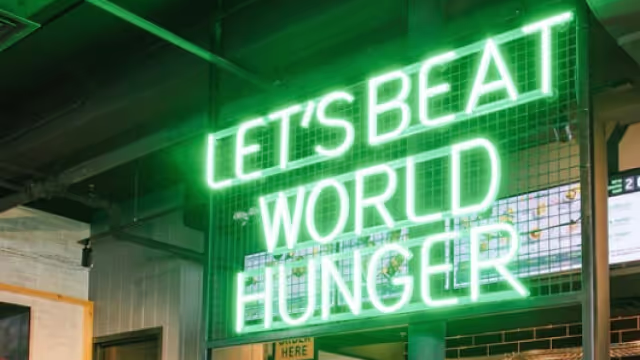
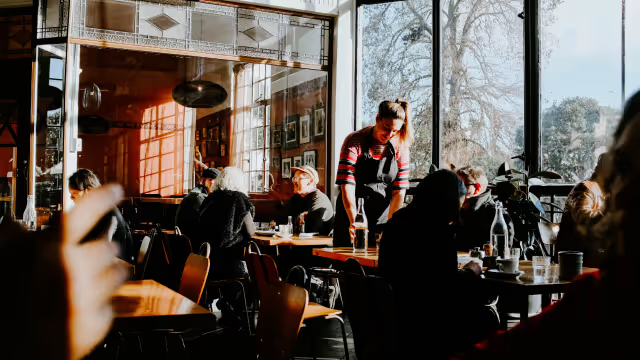
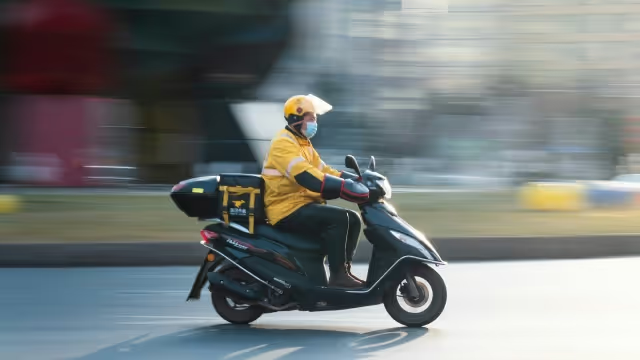
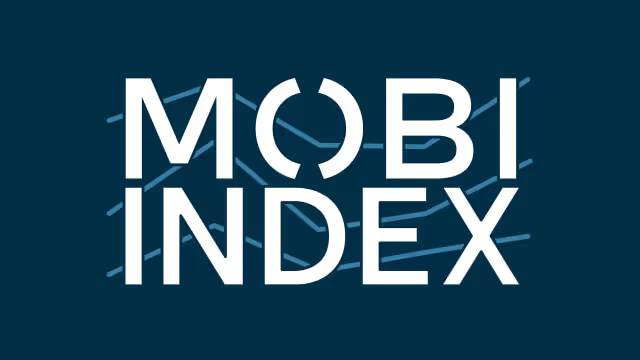
.avif)
.avif)
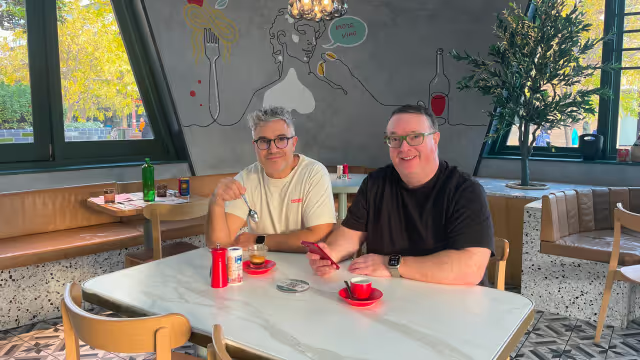

.avif)
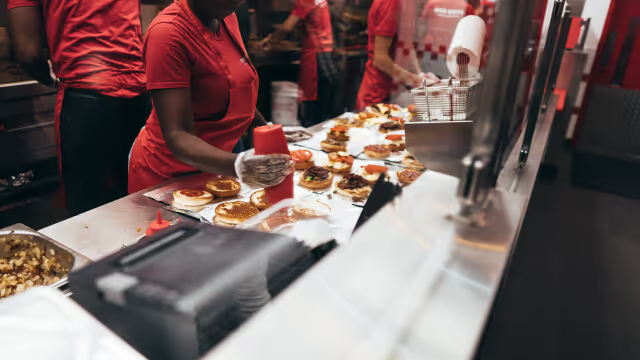
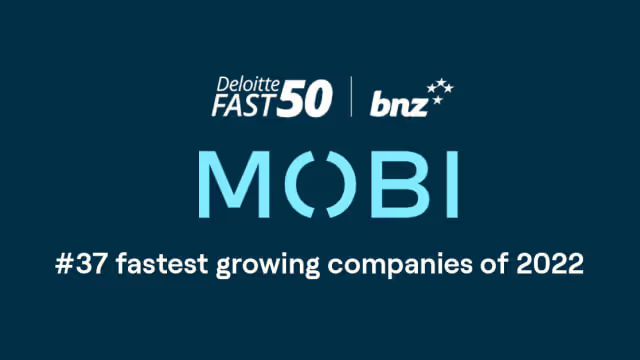
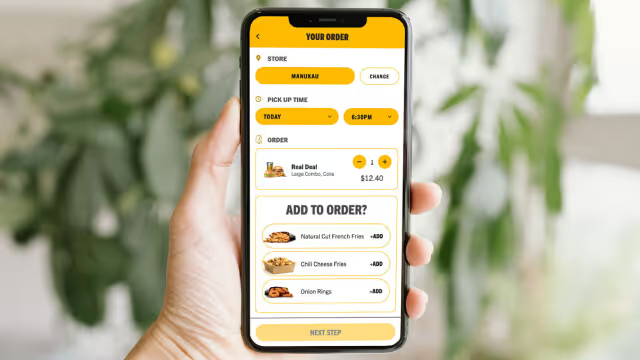
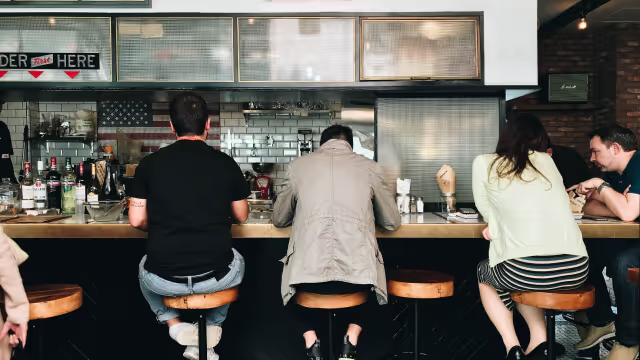
%203.avif)
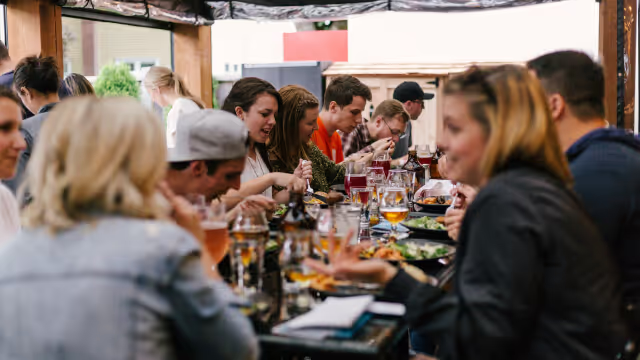
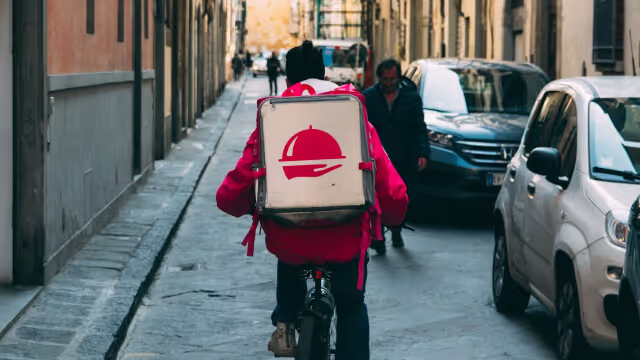

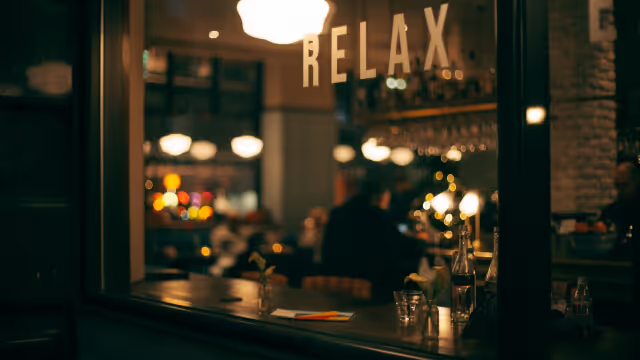
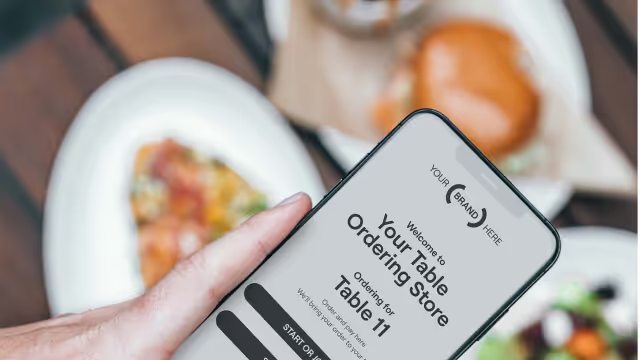
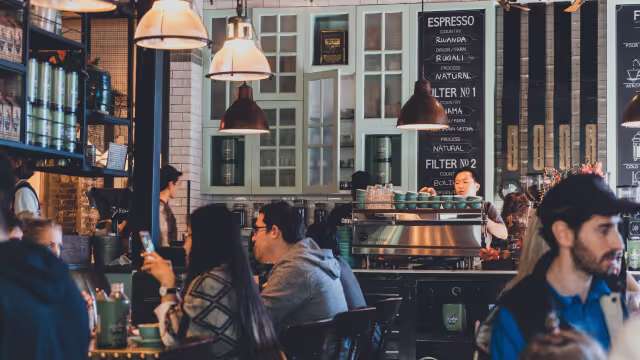
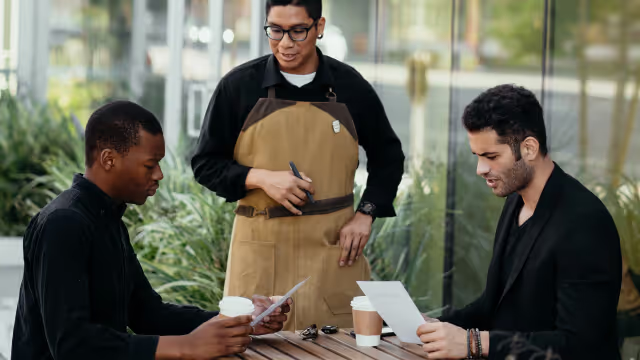
%203.avif)
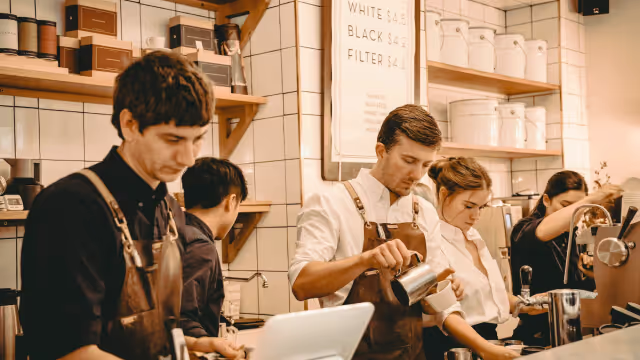
%203.avif)

